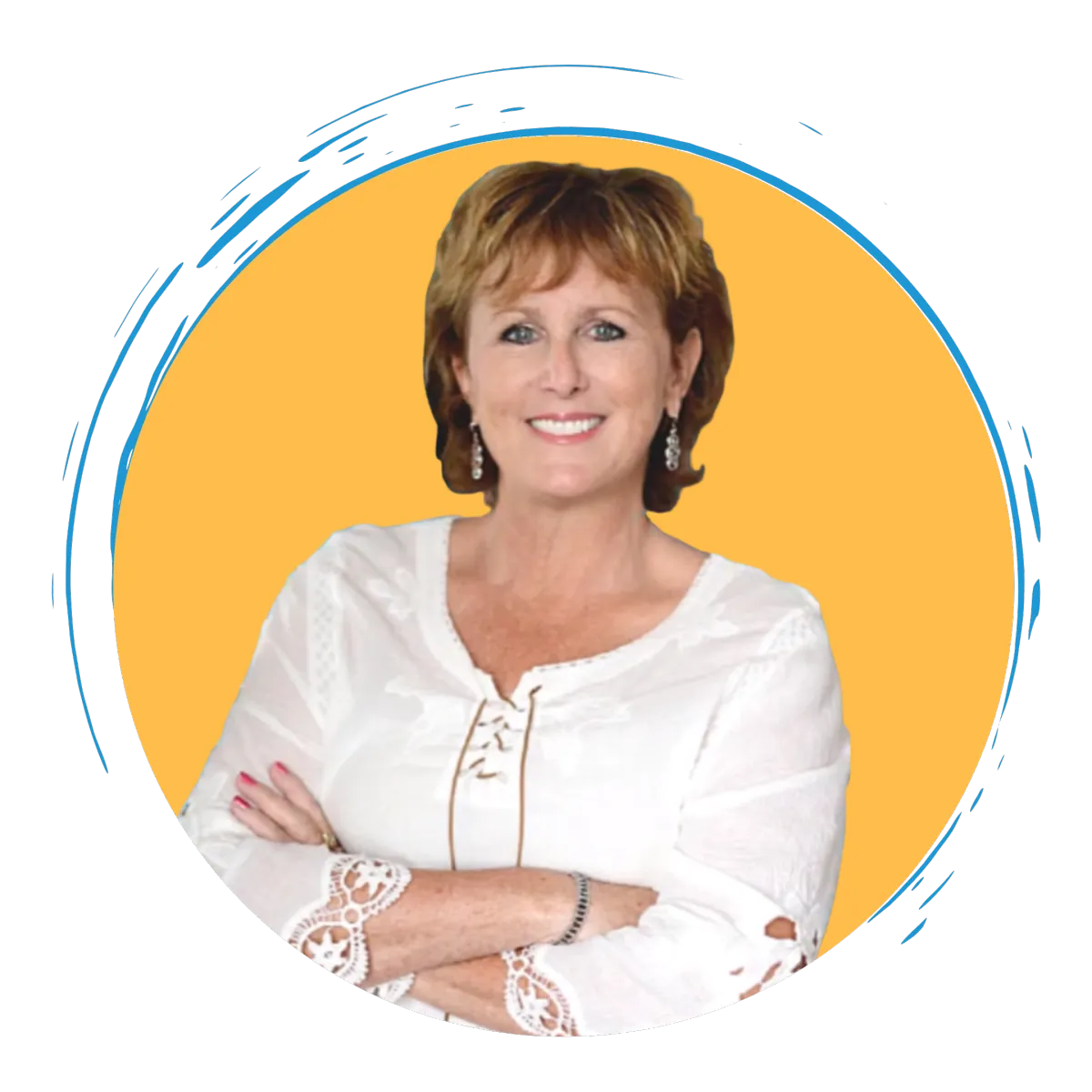
Special Guest Expert - Lynn Mclaughlin

Lynn Mclaughlin
Lynn McLaughlin's mission is to empower us to make conscious and positive choices in all aspects of our lives. We've been taught to be reactive rather than proactive when it comes to our well-being. Why are we waiting for symptoms to appear before we take action? Let's put strategies and tools in the hands of our children so they can solve everyday problems in positive ways and build empathy, self compassion and kindness. Children are our future and we have the power to make this world an incredibly positive place. It starts with us as adults!
Connect with Lynn:
Please Share This With Your Followers
